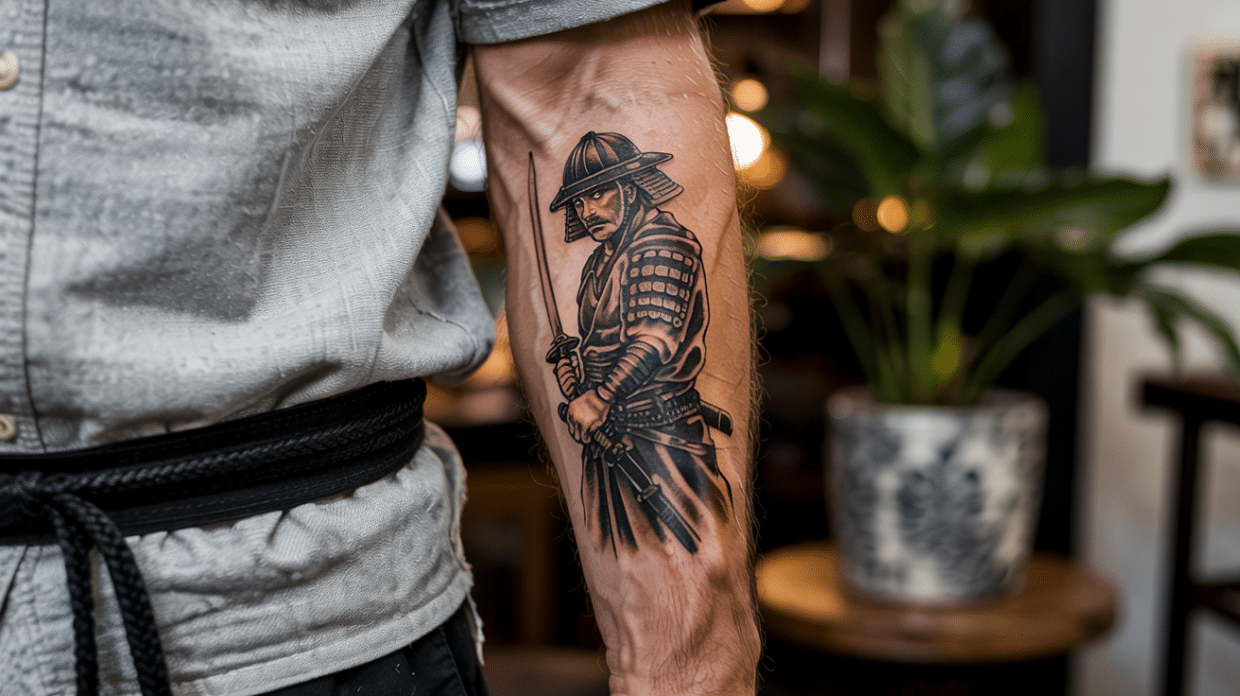Grief can come out of nowhere. It hits hard and leaves us feeling lost, quiet, and unsure of what to do next. When we’re in pain, words can help us feel less alone.
Quotes about grief don’t take away the pain, but they remind us that others have felt the same. They help us feel seen and understood.
This blog shares some of those quotes, along with simple advice and kind ideas to help you through tough times.
We’ll discuss what grief feels like, how to get through it, and ways to hold on to hope even when things feel heavy.
List of Quotes About Grief
Grief is a deeply personal and complex experience. Some good quotes can help you tackle this hard time.
- “Grief is the price we pay for love.” – Queen Elizabeth II
- “Those we love don’t go away. They walk beside us every day.” – Unknown
- “Grief is like the ocean; it comes in waves, ebbing and flowing.” – Vicki Harrison
- “The pain of parting is nothing to the joy of meeting again.” – Charles Dickens
- “Grief is so human, and it hits every person at different times in different ways.” – Terri Irwin
- “Although the world is full of suffering, it is full also of the overcoming of it.” – Helen Keller
- “What we have once enjoyed we can never lose. All that we love deeply becomes a part of us.” – Helen Keller
- “Grief is the last act of love we can give to those we loved.” – Unknown
- “Time does not heal. It makes a hole you walk around in during the day and stumble into at night.” – Edna St. Vincent Millay
- “Grief changes shape, but it never ends.” – Keanu Reeves
- “Sometimes, the strongest thing a person can do is to cry and allow themselves to feel the pain.” – Unknown
- “In the garden of memory, in the palace of dreams – that is where you and I shall meet.” – Lewis Carroll
- “Grief is a most peculiar thing; we’re so happy to think of our lost loved ones that we pathologically try to keep them interesting.” – Alain de Botton
- “Death leaves a heartache no one can heal. Love leaves a memory no one can steal.” – Richard Puz
- “Grief is a process, not a state.” – Anne Grant
- “The darker the night, the brighter the stars.” – Fyodor Dostoevsky
- “Tears come from the heart and not from the brain.” – Leonardo da Vinci
- “To live in hearts we leave behind is not to die.” – Thomas Campbell
- “Grief is an adaptive response to loss.” – Unknown
- “The risk of love is loss, and the price of loss is grief – but the pain of grief is only a shadow when compared with the pain of never risking love.” – Hilary Stanton Zunin
- “What we have lost becomes a treasure we cannot replace.” – Joan Didion
- “Grief is a love story told backwards.” – Unknown
- “Some things in life cannot be fixed. They can only be carried” – Megan Devine
- “Grief is like a long valley, a winding valley where any bend may reveal a totally new landscape.” – C.S. Lewis
- “Love knows no limit to its endurance, no end to its trust, no fading of its hope; it can outlast anything.” – Elisabeth Elliot.
The Emotional Process of Grief
Understanding Grief
Grief rarely follows a predictable path. While we often reference five stages—denial, anger, bargaining, depression, and acceptance.
Most people experience these as waves rather than steps. You might feel anger one moment, acceptance the next, and then plunge back into denial.
These quotes capture this complex journey through various emotional landscapes. Your personal grief map will be uniquely yours, with some emotions lasting longer than others.
Why Grief is Necessary
Grief serves as the emotional processing system for profound loss. When we try to skip grief or rush through it, unresolved emotions often emerge later in unexpected ways.
Allowing yourself to grieve honors the significance of what you’ve lost. The pain reflects the importance of your connection.
Through grief, we gradually adjust to a changed reality and find ways to carry our loved ones with us different.
Supporting Someone Who is Grieving
You can know some ways to support people who are grieving that can be helpful for them.
What to Say (and Not Say)
Communicating with a grieving person requires sensitivity and genuine compassion. Instead of using the generic phrase “I know how you feel,” which can minimize their unique experience, opt for more supportive statements like “I’m here for you.”
Directly acknowledging their loss with a specific, heartfelt message such as “I’m so sorry about John” shows that you recognize their pain.
Avoid vague, potentially hurtful statements like “Everything happens for a reason,” which can feel dismissive of their emotional journey.
Please resist the temptation to compare their loss or suggest they should quickly move on. Instead, use simple, validating phrases like “This must be so hard” to demonstrate your empathy and support.
Small Acts of Kindness
Practical support can be a lifeline for someone experiencing grief. Consider dropping off prepared meals in containers that don’t require returning, which eliminates the stress of dish management.
Offer specific, actionable help by saying something like, “I’m going to the store on Thursday—can I bring you anything?” Steer clear of general, empty offers such as “Let me know if you need anything,” which can feel overwhelming to someone in pain.
Send text messages that don’t demand a response, showing you’re thinking of them without adding pressure.
Take the initiative to handle practical tasks like mowing the lawn, walking their pets, or picking up groceries.
Create a thoughtful photo album or memory box that helps them preserve and honor their loved one’s memory, providing a tangible source of comfort.
The Importance of Listening
Listening is perhaps the most crucial skill when supporting someone through grief. Allow moments of silence without feeling compelled to fill them with words or advice.
Put away your phone and give them your complete, undivided attention. Resist the natural urge to problem-solve unless they explicitly ask for solutions.
Create a safe, judgment-free emotional space where they can freely express the full spectrum of their feelings—anger, confusion, guilt, and sorrow.
Sometimes, simply sitting together in quiet understanding provides more comfort than any words could.
Your presence alone can be a powerful form of support, demonstrating that you are willing to walk alongside them through their most challenging moments.
Wrapping Up
Grief is a deeply personal experience that looks different for everyone. Our guide has walked through understanding loss, supporting children, and helping loved ones during tough times.
Remember that healing isn’t linear. It’s okay to feel pain, seek support, and take time to process your emotions. Each small step matters.
Compassion, patience, and love are your greatest companions through grief. You are not alone in this journey, and there is hope beyond the pain you currently feel.
Please go through our website for more such blogs that can help you or your loved ones.







